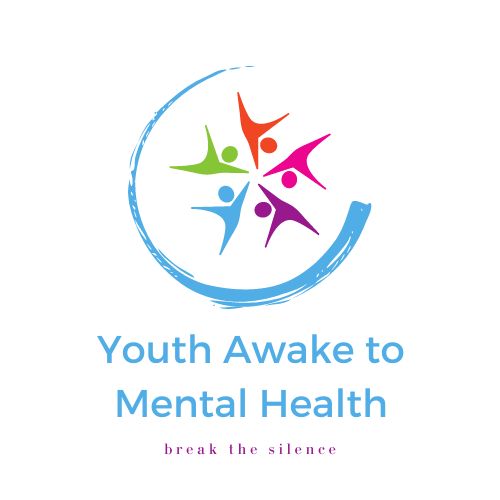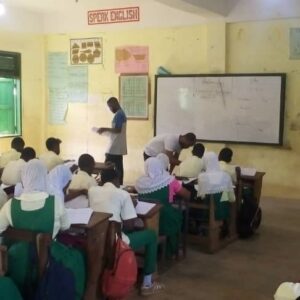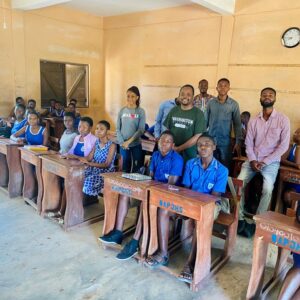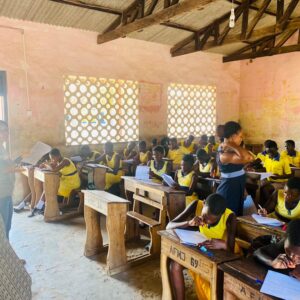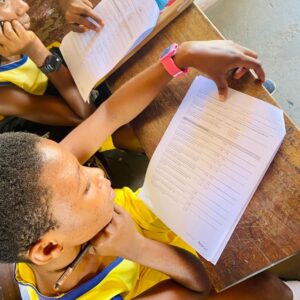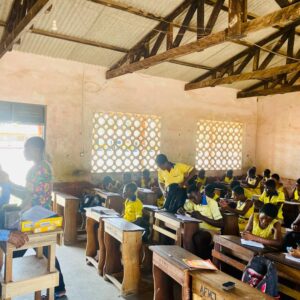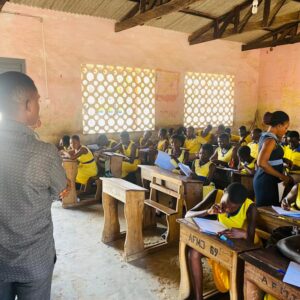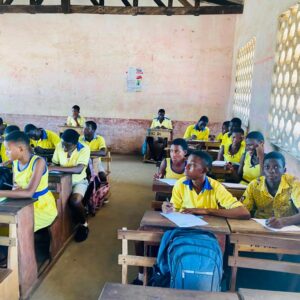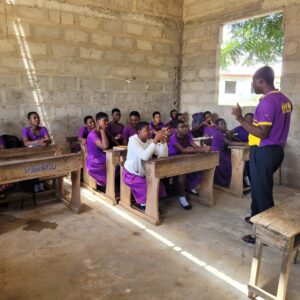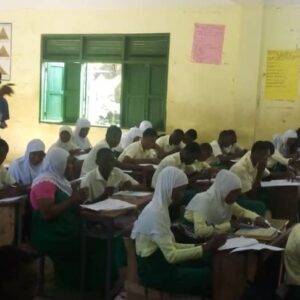The study “Psychological and socio-ecological correlates of 12-month suicide behavior among junior high school students in the greater Accra region of Ghana” is a research project that aims to explore the onset, characteristics, and recent patterns of 12-month suicide behavior among Ghanaian junior high school students. The study was conducted by a team of researchers led by Enoch Kordjo Azasu and was published in the journal Social Psychiatry and Psychiatric Epidemiology.
The study used a sample of 800 junior high school students in the Greater Accra region of Ghana and applied a theoretical-driven analytic approach as well as a structural equation modelling analysis. The researchers found that the Interpersonal Psychological Theory of Suicidal behavior (IPTSB) was significant in explaining how non-fatal suicide behaviors are occurring in this young population. The inclusion of religiosity, traditional beliefs, and stigma in the IPTSB model resulted in a more robust explanation of non-fatal suicide behaviors in the population.
The study found that 1 out of 5 adolescents have experienced suicide ideation in the last 12 months, with girls having significantly higher rates than boys. The study also found that stress significantly increased the odds of suicide behaviors in the last 12 months, while parental support significantly reduced the odds. Additionally, the study found significant associations between sexual intercourse, dating, hunger, substance use, suicide stigma, and suicide behaviors.
The study highlights a potential emerging suicide crisis among preteens in Ghana and calls for additional studies to identify risk, protective, and precipitating factors to help prevent suicide among these children. The study was funded by the West African Research Association and the Brown School at Washington University in St Louis.
In summary, the study provides valuable insights into the risk and protective factors of suicide behavior among Ghanaian junior high school students, and highlights the need for further research to prevent suicide among this population. The study’s findings can inform the development of culturally appropriate prevention and intervention strategies to address the emerging suicide crisis among preteens in Ghana.
